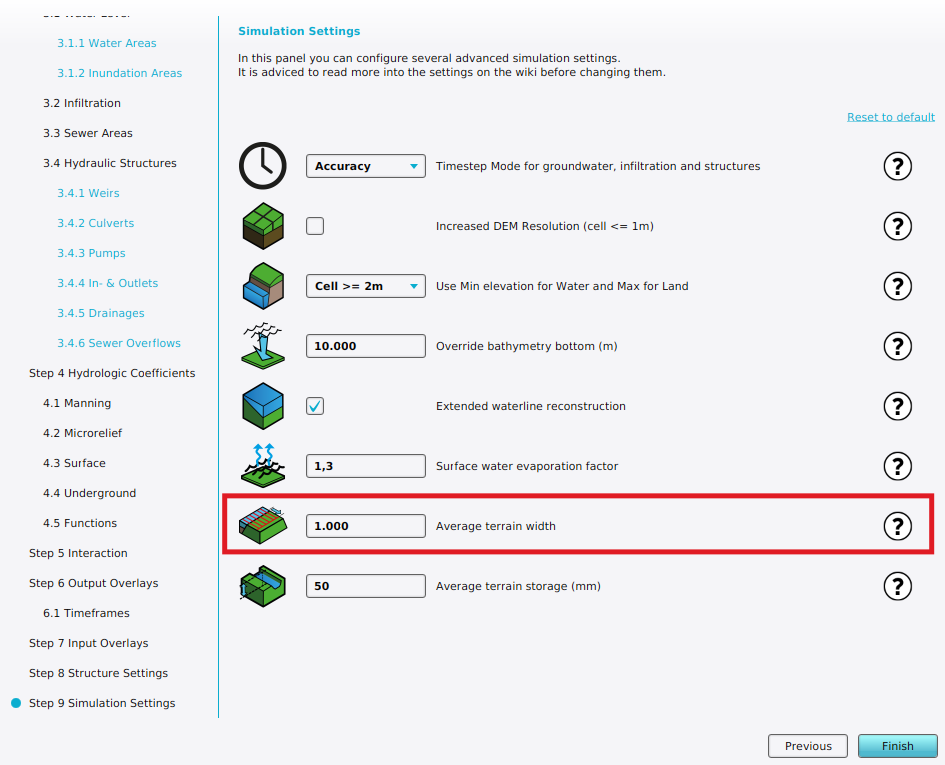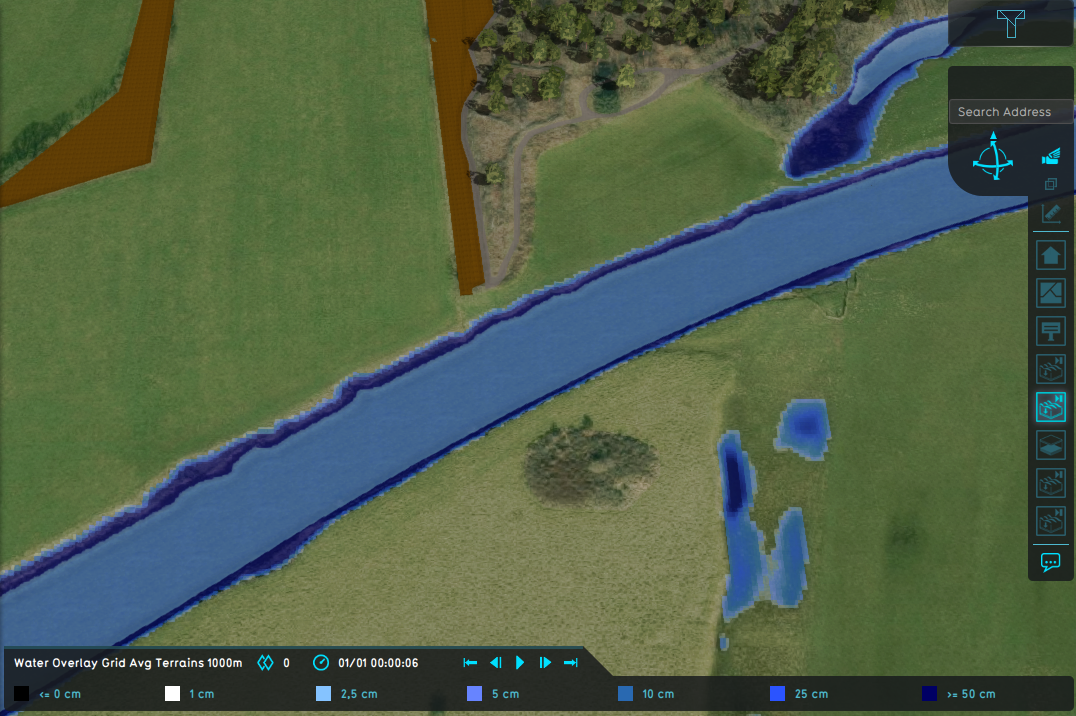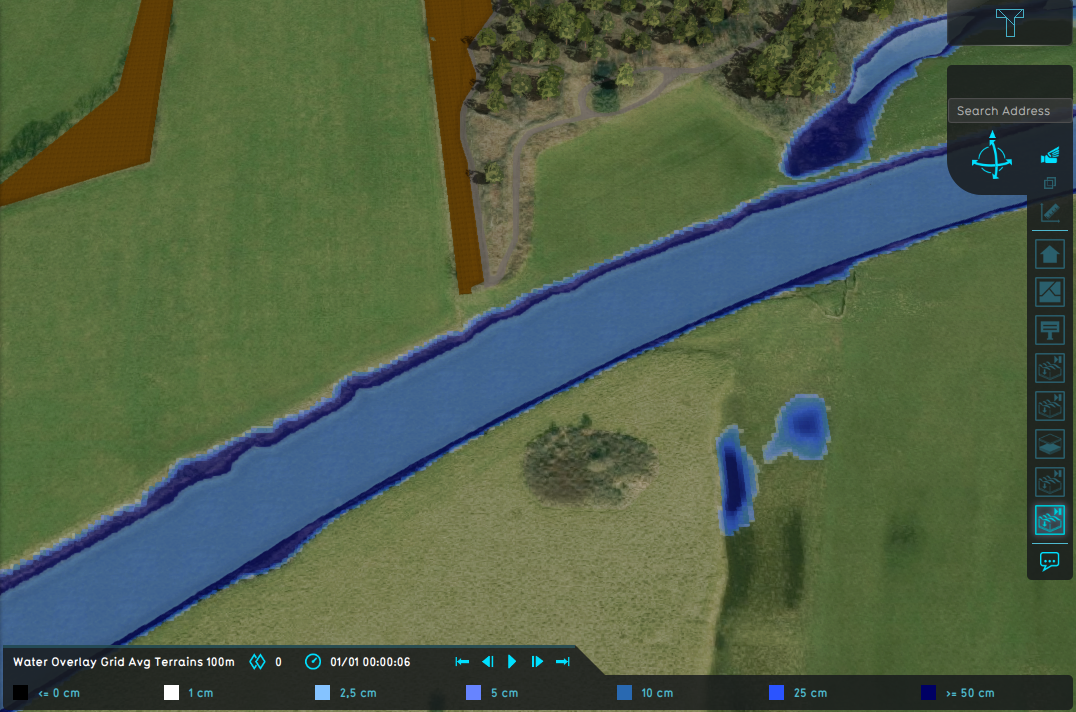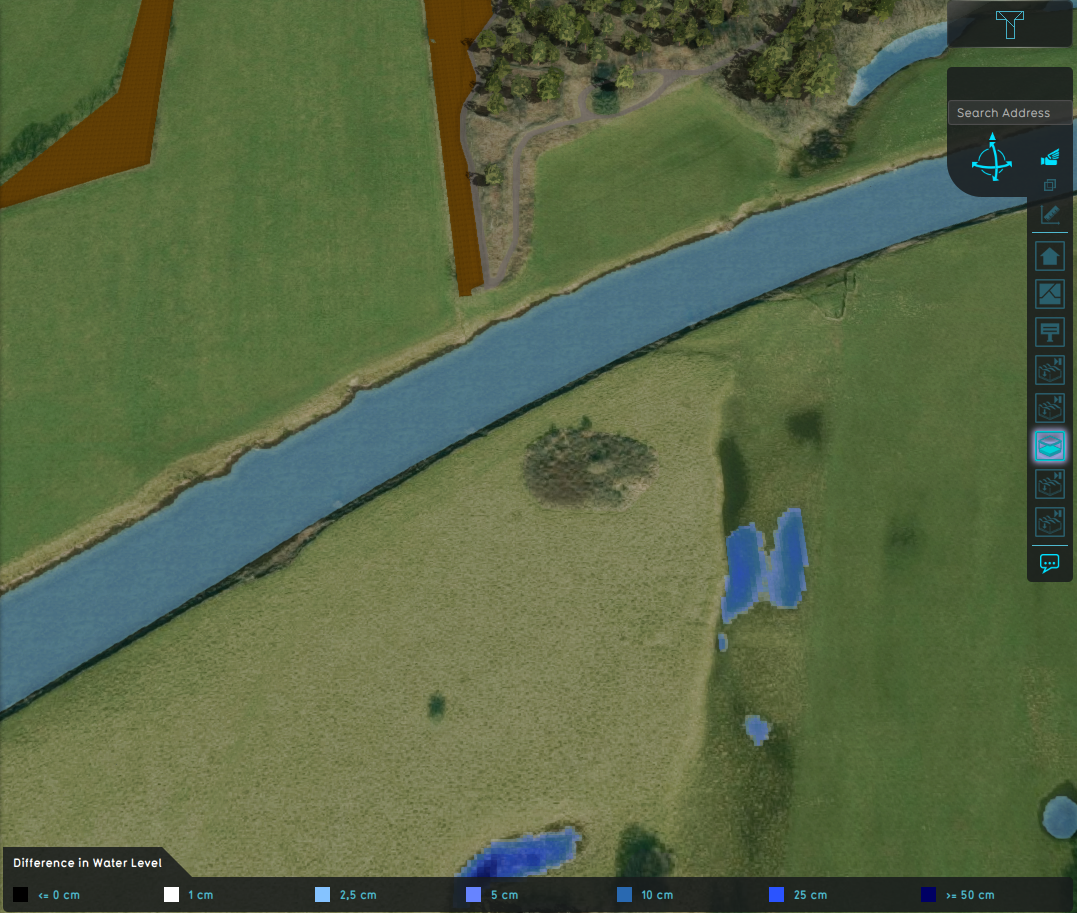Avg terrain width m (Water Overlay): Difference between revisions
Jump to navigation
Jump to search
No edit summary |
No edit summary |
||
| Line 13: | Line 13: | ||
<gallery mode=nolines widths=300px> | <gallery mode=nolines widths=300px heights=200px> | ||
File:Wateroverlay_avg_terrain_width_1000m.png|[[Water Overlay]] set to [[Surface water (Water Overlay)|Grid Averaging Terrains]] and a configured average terrain width of 1000m. | File:Wateroverlay_avg_terrain_width_1000m.png|[[Water Overlay]] set to [[Surface water (Water Overlay)|Grid Averaging Terrains]] and a configured average terrain width of 1000m. | ||
File:Wateroverlay_avg_terrain_width_100m.png|[[Water Overlay]] set to [[Surface water (Water Overlay)|Grid Averaging Terrains]] and a configured average shore width of 100m. | File:Wateroverlay_avg_terrain_width_100m.png|[[Water Overlay]] set to [[Surface water (Water Overlay)|Grid Averaging Terrains]] and a configured average shore width of 100m. | ||
Latest revision as of 16:05, 29 January 2024
| Icon | Attribute | Unit | Range | Description | Default value |
|---|---|---|---|---|---|
| |
AVG_TERRAIN_WIDTH_M | m | 0 to 10000 grid cells | With the surface water mode set to Avg Terrain, identified water average areas can be extended to include surrounding terrain within the configured distance. | 1000 |
This allows water on land to be averaged with the waterways. Water on land that can be averaged has to be higher than the configured AVG_TERRAIN_STORAGE_M.
Water Overlay set to Grid Averaging Terrains and a configured average terrain width of 1000m.
Water Overlay set to Grid Averaging Terrains and a configured average shore width of 100m.
Difference in water level.
Notes
- This option is only used when the surface water mode is set to Avg Terrain.
- As indicated by the range, the average terrain width is converted to a grid cell amount; the average terrain width is divided by the grid cell size.








